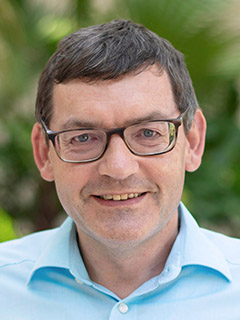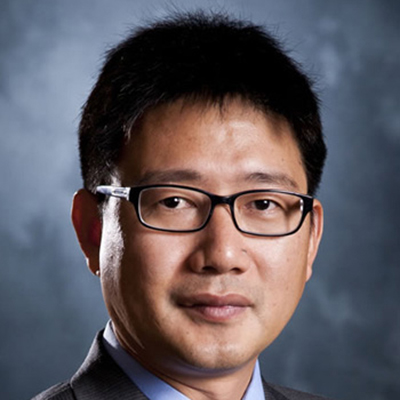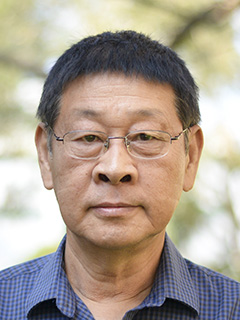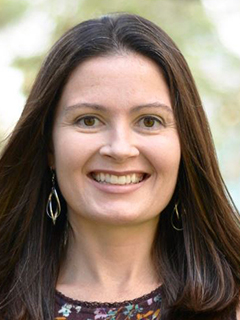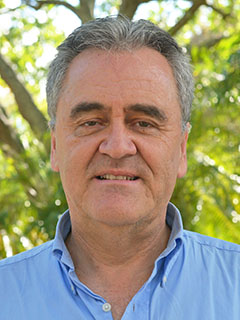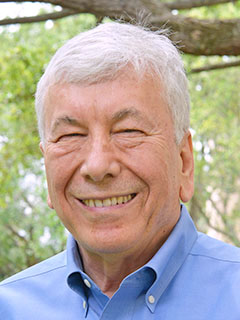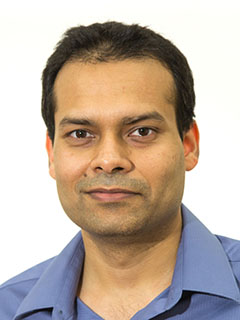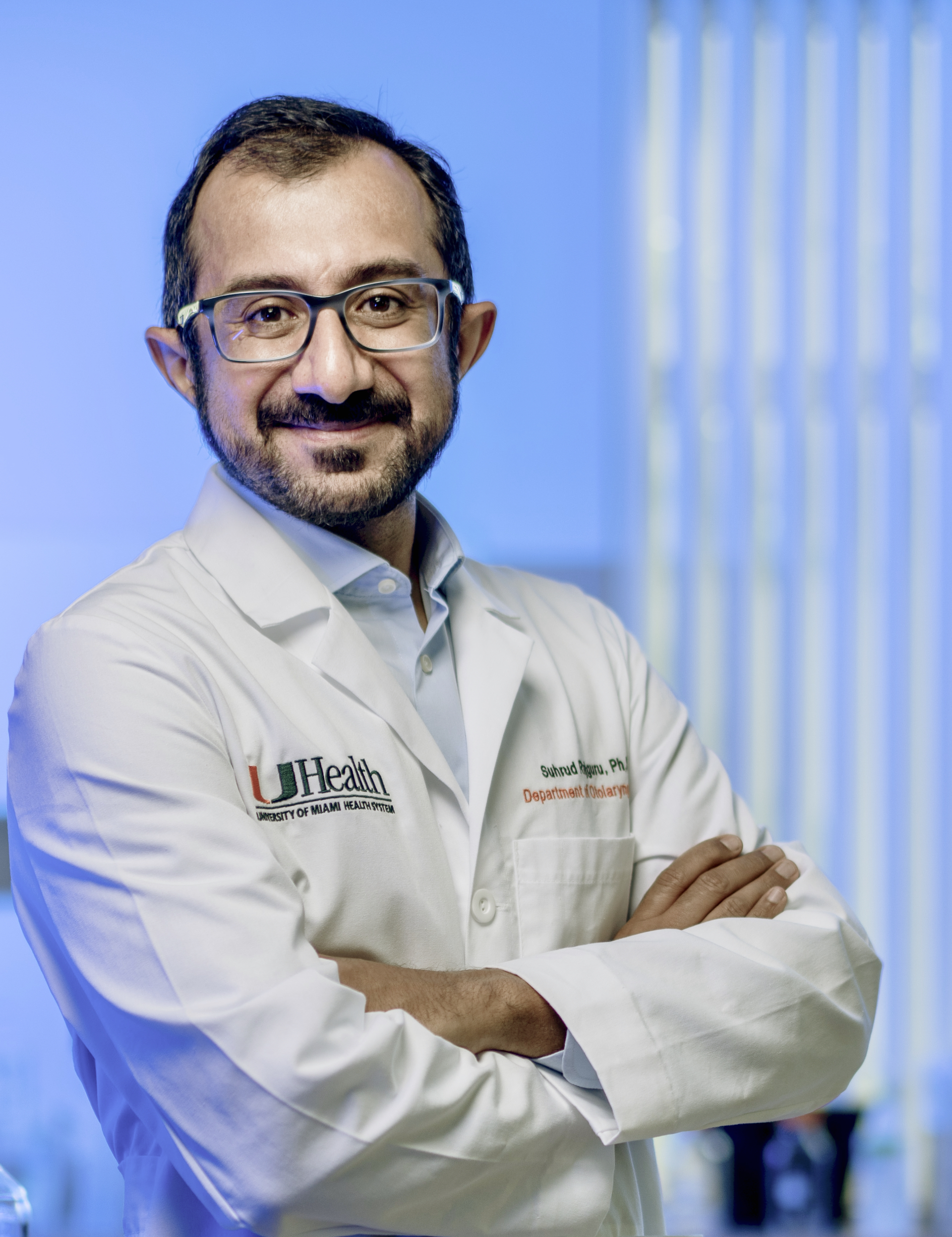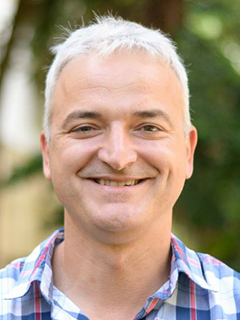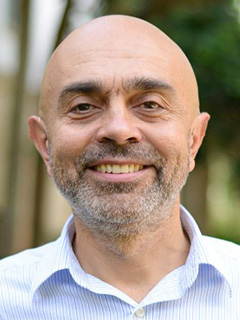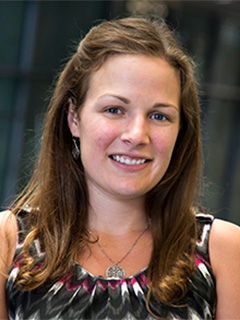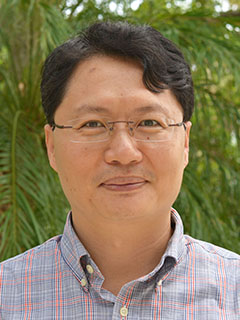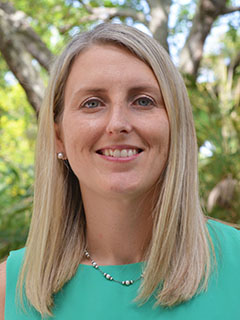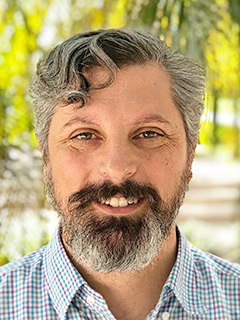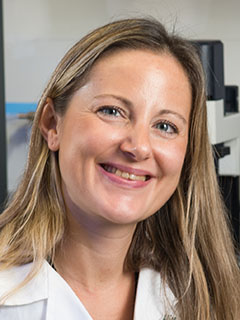Imaging
Medical imaging involves developing and using technologies to study biological and physiological processes at all levels, from molecules to organs, to detect disease, guide surgery, and monitor treatment. This research focuses on improving tools for cancer detection and treatment, image-guided surgery, and high-resolution imaging using methods such as MRI, CT, ultrasound, nuclear imaging, optical coherence tomography, atomic force microscopy, and lasers. Faculty also study how energy-based technologies can support diagnosis, treatment, and stimulation, as well as how organs like the ear, eye, and brain function. The work is highly collaborative, involving faculty from Biomedical Engineering, the School of Medicine, the College of Arts and Sciences, and other partners across the university, as well as with industry and researchers at other institutions.
Neural Engineering
Neural engineering applies engineering methods to study neural physiology and to assess, modulate, and restore neural function in order to understand and treat neurological diseases. This research focuses on assessing vision, hearing, and balance; monitoring neural function during surgery; and developing neural interfaces, neuro-prosthetic devices, and rehabilitative strategies to study and restore neural function. It is supported by the Institute for Neural Engineering at the University of Miami, a collaborative effort involving faculty from Biomedical Engineering, the School of Medicine, the College of Arts and Sciences, and other areas across the university. Faculty also work with partners at other universities and in industry. The institute aims to become a center of excellence through collaborative research, shared facilities, coordinated education and training, seminars, workshops, and community-building events.
Jorge E Bohorquez
Professor of Professional Practice
Associate Chair for Academics
Regenerative Engineering
Regenerative engineering combines cell and tissue engineering, biomaterials, biomechanics, cellular and molecular biology, and clinical science to restore or replace the function of cells, tissues, or organs, or to prevent their degeneration. This research focuses on developing new biomaterials and cellular constructs, immune-engineering strategies, artificial organs, and systems for cell and drug delivery to treat or replace damaged tissues and organs. It also involves studying the physical and physiological properties of tissues in both healthy and diseased states to inform therapy development and prevention strategies. The work is led by a collaborative group of faculty, scientists, and students from Biomedical Engineering and other units across the university, especially in the School of Medicine. Faculty work closely with partners at medical institutes on research, coursework, and joint mentorship, and also collaborate with industry and researchers at other institutions.




